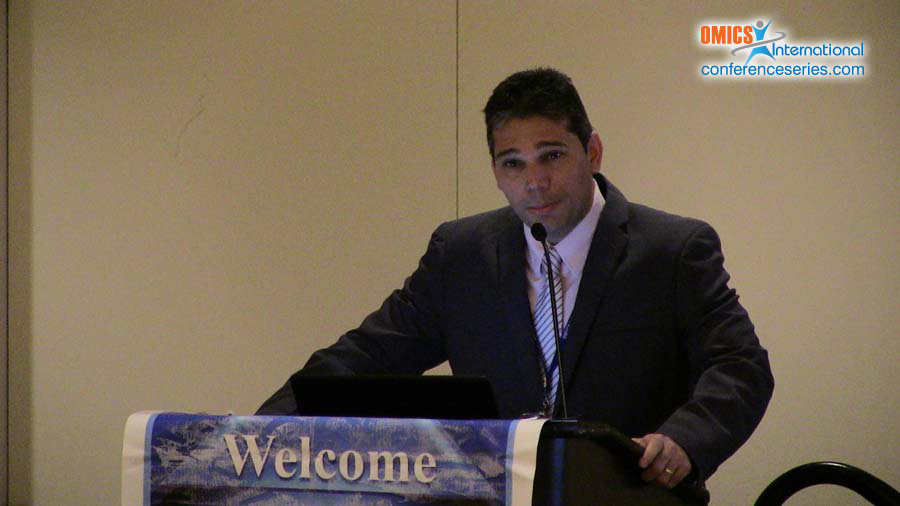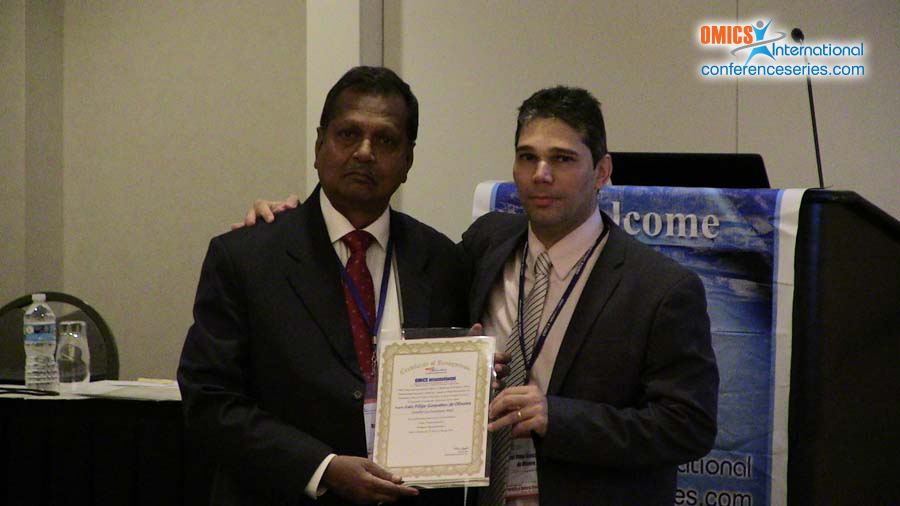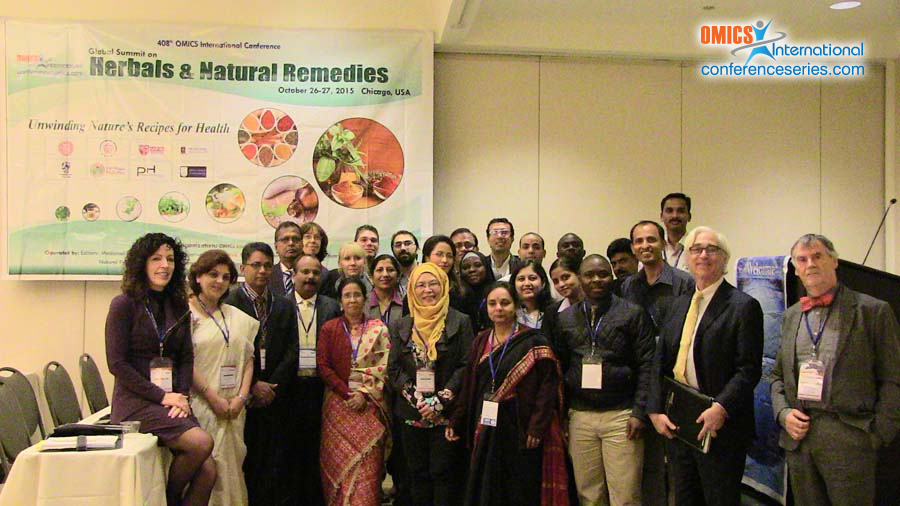
Luiz Filipe Gonçalves de Oliveira
Laboratory of Molecular Biology and Endemic Diseases, Brazil
Title: Phytotherapy - a new and innovative perspective for leishmaniasis treatment
Biography
Biography: Luiz Filipe Gonçalves de Oliveira
Abstract
Leishmaniasis is classified as one of the neglected tropical diseases, affecting mainly people in developing countries and requiring the development of novel drugs for treatment. This infection is caused by several species of the genus Leishmania, can be transmitted to humans and other mammals during the bloodmeal of phlebotomine insects and may present a large array of distinct clinical symptoms. Therefore, leishmaniases are usually classified into three main clinical categories, according to the parasite tropism: cutaneous leishmaniasis, mucocutaneous leishmaniasis and visceral leishmaniasis. The drug of choice for all clinical forms of leishmaniasis have been, for the past 60 years, the pentavalent antimonials, in spite of a large variety of adverse side effects related to its use, including cardiotoxicity. Amphotericin B and pentamidine are considered the second line of the treatment as they present even greater toxicity during treatment. In the last twenty years, the activity of medicinal plants against Leishmania spp have been widely studied and thoroughly confirmed. Among the plants proven to possess antileishmanial properties, we can cite: Kalanchoe pinnata, Plumbago scandens, Physalis angulata, Piper aduncum, Tabernaemontana (Peschiera) australis, Phyllanthus amarus, Artemisia annua and Tabeluia sp., as well as their derivate compounds. The objective of the present study is to highlight the advances in the field of research of medicinal plants and natural compounds against Leishmania spp. and, additionally, to discuss the main stages involved in technological development of drugs based on such plant. By presenting these data we reinforce the use of these medicinal plants as an innovative approach for leishmaniasis treatment and potentially for other neglected diseases as well.



